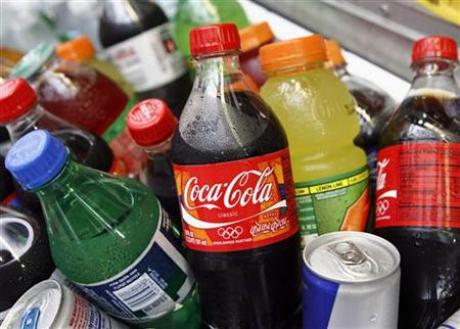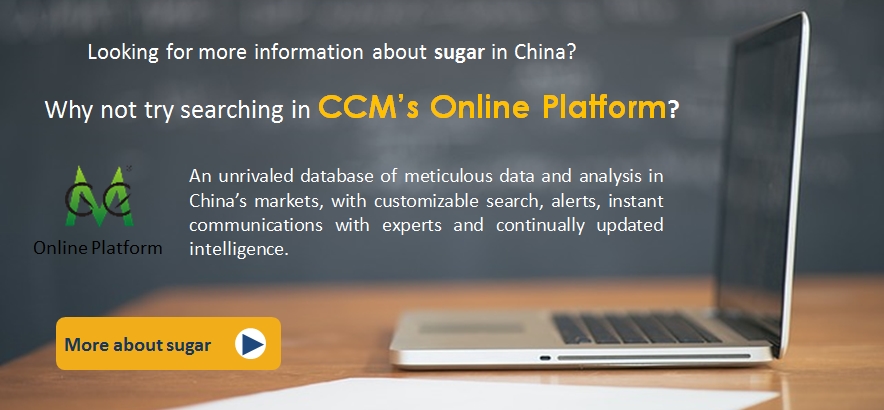The World Health Organisation (WHO) marked
the World Health Day, 7 April, 2016 (“Beat Diabetes”), by calling for actions
on diabetes. “Now diabetes is widely and rapidly spread in many countries,
especially in those low- and mid-income countries,” announced WHO. In 2012, it
caused 1.50 million deaths, of which 80%+ came from the said countries. “By
2030, diabetes will become the 7th largest cause for death,” is a claim by WHO.

Source: Baidu
“Most diabetes can be prevented and treated, that is the Type 2 diabetes,
accounting for 90% of all diabetes around the world”, stated WHO. Accordingly,
such patients can secrete insulin themselves. However, the overweight and
sedentariness largely increase the demand for insulin. When the insulin balance
is broken, the blood sugar will rise. “Such patients should have regular
physical activities and healthy diets,” continued WHO.
Prior to this global activity to beat diabetes, some countries have already
taken measures. On 16 April, 2016, George Osborne, the UK’s Chancellor of the
Exchequer noted in his annual budget report about a plan to levy sugar tax on
soft drinks (incl. imported and local-made soft drinks and excl. fruit juices
and milk). Particularly, the tax will be decided by the sugar content in soft
drinks: GBP0.18/L for 5+g/100ml and GBP0.24/L for 8+g/100ml. This policy will
be officially implemented from 2018, “Time will be given to producers for their
adjustment in formula to reduce the sugar content,” said George Osborne.
It is a common view that sugary drinks are
an important factor causing overweight and diabetes. The collection of sugar tax will push up the sales price of drinks that contain sugar in large
quantity, and will knock down consumers’ desire for goods, so as to help
control consumers’ intake of sugar. In Nov. 2013, Mexico, suffering much from
obesity and diabetes, passed a bill that from Jan. 2014, special taxes would be
imposed on the “junk food” that contain 275+cal/100 g (tax rate at 8%) and the
sugary drinks (tax: MXN1/L), and that from 2015, producers shall mark out the
contents of sugar, fats and saturated fat for drinks and foods.

Actually, Mexico made significant results from this policy. According to the
research organised by scientist M Arantxa Colchero, in 2014, the purchase of
sugary drinks by each Mexican was down by 4.2 L; meanwhile, the purchase of
nontaxed drinks (soda water, milk, sugar-free fruit juice) was up by 4%, mainly
purified water.
The UK’s plan to levy sugar tax aroused
strong reactions. For instance, researchers from New Zealand called for the
imitation of the UK to collect sugar tax in New Zealand. Probably low-sugar or
sugar-free drinks will play a role in the future. Then what could producers do?
Maybe it's a good choice for them to modify the formulas and reduce costs, to
meet the demand for low sweetness, if they intend to avoid declines in sales
volume. High intensity sweeteners (HIS) and natural sweeteners will be the best
substitutes for sugars and starch sugars of high sugar content and high
calorie. Take Mexico for example. In 2015, the combined export volume of 2 HIS
(aspartame and sucralose) from China to this country increased largely, by 500%
YoY to over 900 tonnes. From this point of view, China, as a large
sweetener-producing country, will have opportunities to ease the domestic HIS
overcapacity, if countries having great demand in succession collect sugar
taxes. On the contrary, natural sweeteners, though they are the answer to consumers’
“health” concept, still need vigorous market exploration due to its high use
costs.
This article comes from Sweeteners China News 1604, CCM

About CCM:
CCM is the leading market intelligence provider for China’s
agriculture, chemicals, food & ingredients and life science markets.
Founded in 2001, CCM offers a range of data and content solutions, from price
and trade data to industry newsletters and customized market research reports.
Our clients include Monsanto, DuPont, Shell, Bayer, and Syngenta. CCM is a
brand of Kcomber Inc.
For more information about CCM, please
visit www.cnchemicals.com or get in touch with us
directly by emailing econtact@cnchemicals.com or calling
+86-20-37616606.
Tag: sugar sweeteners